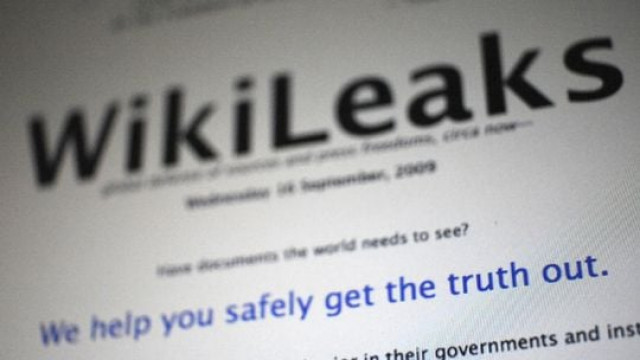When a leak is not a leak
The whole sorry business should remind newsrooms not to allow themselves to be used.

This detail alone points to the direction from where the fabricated documents may have come. The news agency which released the item is seen as lacking credibility and has been associated with intelligence networks. The Guardian, which ran a detailed account of the attempt to use WikiLeaks cables to serve specific interests, said it found no trace of documents containing details of this nature on the organisation’s website. Newspapers which carried the planted material are conducting their own inquiries and this paper has apologised to its readers. Had they existed, the content of the cables would have created a sudden change in the nature of ties between the US and India.
The attempted fraud offers an insight into the desperation of elements behind it. It seems this is the best they could come up with to try and tarnish an ‘enemy’ country and shine up their own standing. It is worth noting that while documents speaking of the weaknesses or wrongdoings of Pakistani politicians have been given much publicity in the country, those that direct attention towards the doing of the military or the dangers posed by activities of groups such as the Lashkar-e-Taiba have been virtually suppressed. The ‘self-censorship’ of the media plays some part in this; continued agency influence in press circles is a factor too. The whole sorry business should remind newsrooms not to allow themselves to be used. We hope it will also convince those involved in the attempted deception that the Pakistani public does indeed possess some grey matter and is quite capable of recognising efforts to fool it.
Published in The Express Tribune, December 11th, 2010.














COMMENTS
Comments are moderated and generally will be posted if they are on-topic and not abusive.
For more information, please see our Comments FAQ